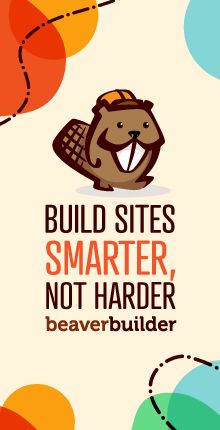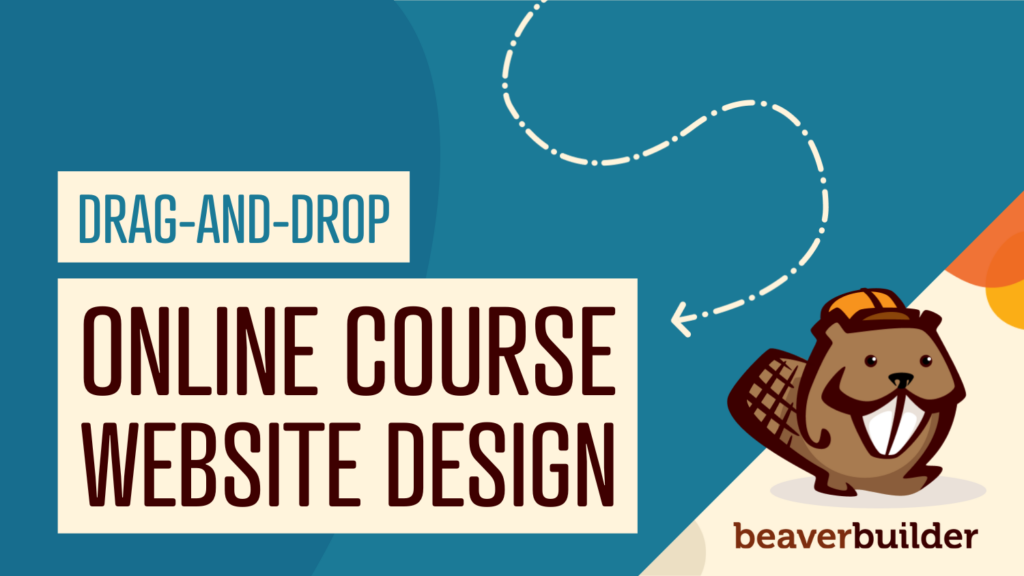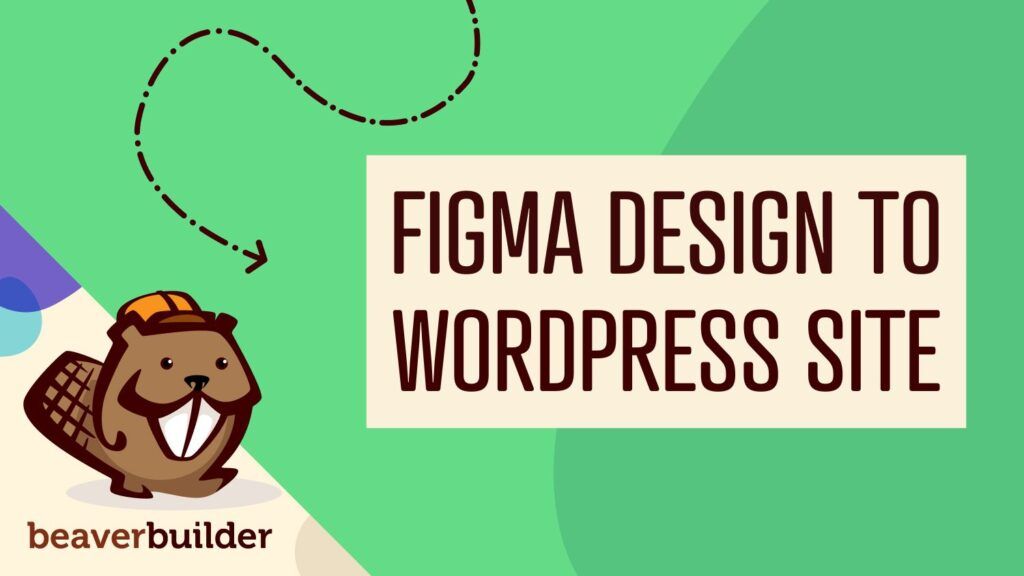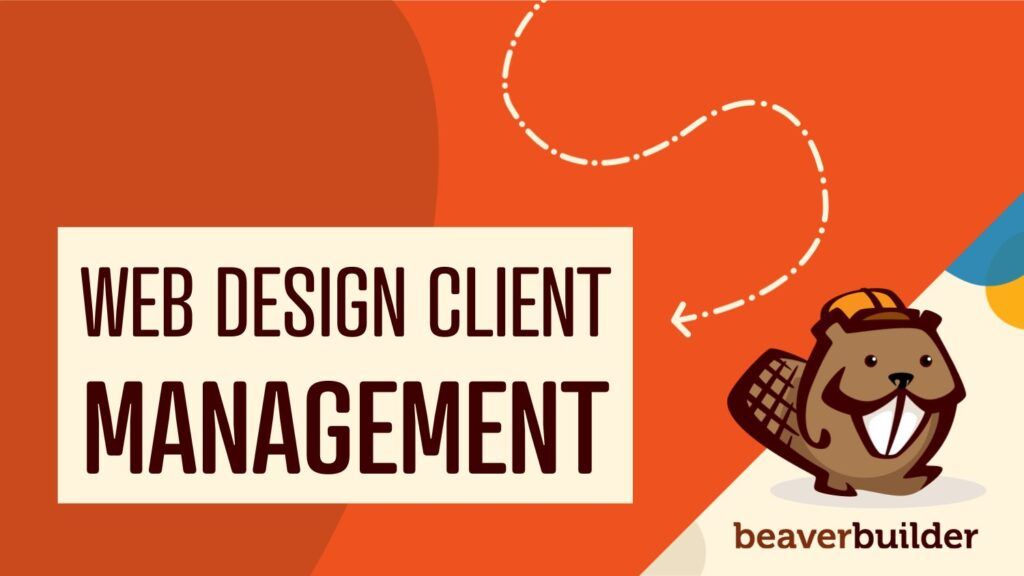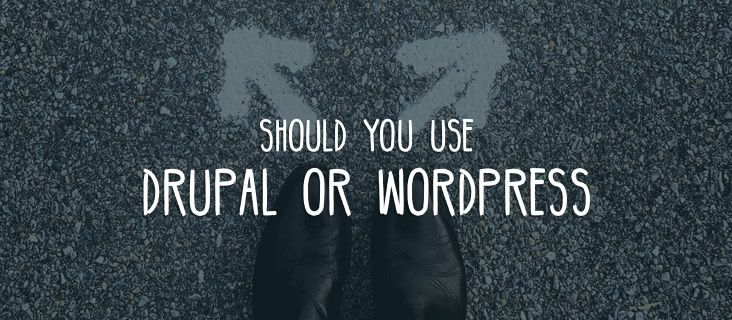
Should You Use Drupal or WordPress to Build Your Site?
When it comes to Content Management Systems (CMSs), you have a lot of options. However, WordPress and Drupal are two of the most powerful and popular platforms at your disposal. Knowing their features and strengths is key to helping you choose the right one.
In this article, we’ll compare Drupal vs WordPress by introducing you to both. We’ll talk about their features, pros and cons, and who can benefit the most from using each. Let’s jump right in!
An Introduction to WordPress and Drupal
You’re probably at least familiar with both WordPress and Drupal in name, but let’s talk about what makes each of them unique.
WordPress is known as a blogging CMS, although in practice, it works for almost any type of project you can think of, thanks to its high degree of customizability:

These days, WordPress is by far the most popular CMS on the web. It powers over 30% of all existing websites, a staggering number that keeps growing.
It’s important to understand that WordPress comes in two flavors. There’s WordPress.com, which is a hosted platform, and then there’s the self-hosted WordPress. For this article, we’re focusing on the self-hosted, open-source variant of WordPress. Unlike its sibling, you can set up self-hosted WordPress with any hosting provider you want.
Drupal has also been around for a long time.

It powers some impressive websites, including NASA.gov and The Economist. Drupal’s market share is not as impressive as WordPress’s. Around 3.4% of all websites use Drupal, though, which is still an impressive figure. But Drupal has a lot going for it beyond popularity.
Just as with WordPress, Drupal is an open-source platform. That means you can download the CMS for free, modify it any way you want, and set it up with any web host of your choice.
Should You Use Drupal or WordPress to Build Your Site? (3 Factors to Consider)
A website is an investment. You’ll be spending a lot of time creating, managing, and maintaining yours, so it’s important to choose a platform you can work with long-term. Below, we’ve compared Drupal vs WordPress on three vital features you should consider when choosing a CMS.
1. Ease of Use
When you talk to people about WordPress, there’s a theme that pops up fairly often: that the platform is “easy to use.” You might not feel that way about either one if you’re working on your first website. For us, a CMS that’s easy to use needs to meet certain criteria, including these:
- Setup shouldn’t be complicated.
- You should be able to start publishing content right after installation.
- Updating and customizing your website should be intuitive.
WordPress meets all of these criteria. For starters, WordPress is famous for its “five-minute install” process. Enter the information requested in this screenshot, and WordPress does the rest. Keep in mind that the information required is based on your having created a database and associated it with a user on your hosting server, so your first installation will almost certainly take more than five minutes, but it’s quite easy after the first time.
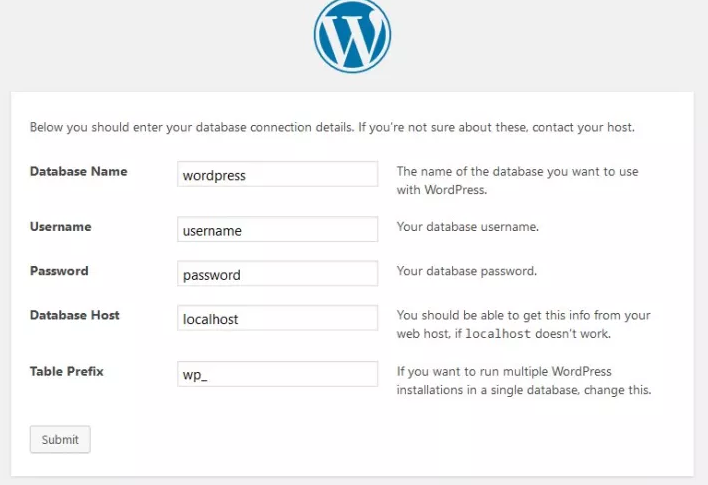
Depending on which web host you use, you might get to skip those five minutes altogether. Some providers offer WordPress-specific plans where they take care of the installation for you, which means you can get to work right away, though note that some providers install a version of WordPress that has modified WordPress code or adds plugins you might not want.
By “get to work,” we mean publishing content. The WordPress editor underwent a major overhaul in 2019, resulting in the new Block Editor (known as Gutenberg in its development phase and still often called that). There was some controversy around it initially, but in our experience, it’s highly intuitive, even for those with little technical experience, as you can see in this screenshot of the Block Editor interface.
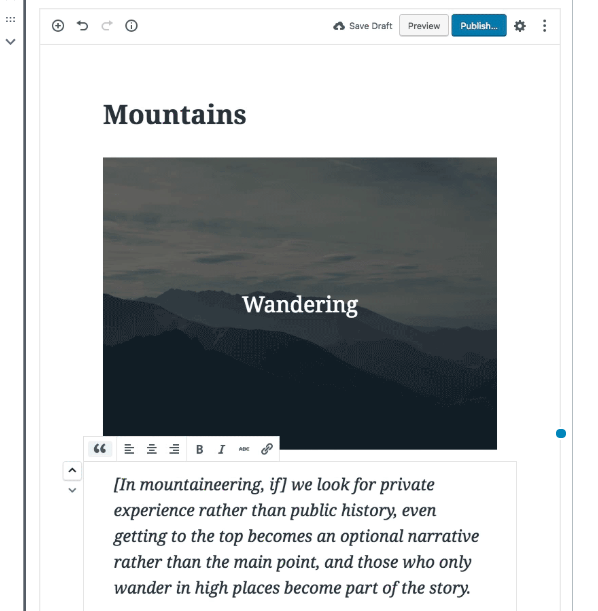
As far as updating your site goes, WordPress lets you know when any of your components are out of date. It’s up to you when to update them, which you can do with a few clicks or by setting up an automated schedule.
Drupal, on the other hand, has a reputation for being somewhat difficult to pick up. The installation is not that much more complex than WordPress’s, though. Plenty of web hosts will set up a basic Drupal installation for you, so you can hit the ground running.
The Drupal dashboard is not as slick as WordPress’ out of the box. However, finding the settings you need is simple enough, and getting used to it shouldn’t take long. Her’s a screenshot of the Drupal dashboard.
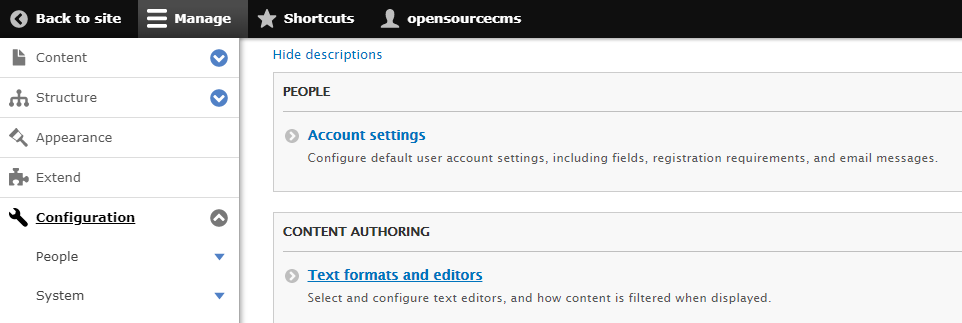
Publishing content with Drupal offers a “pure” experience. The Drupal editor doesn’t pack any frills, and it lets you use HTML directly, as shown in the following screenshot.
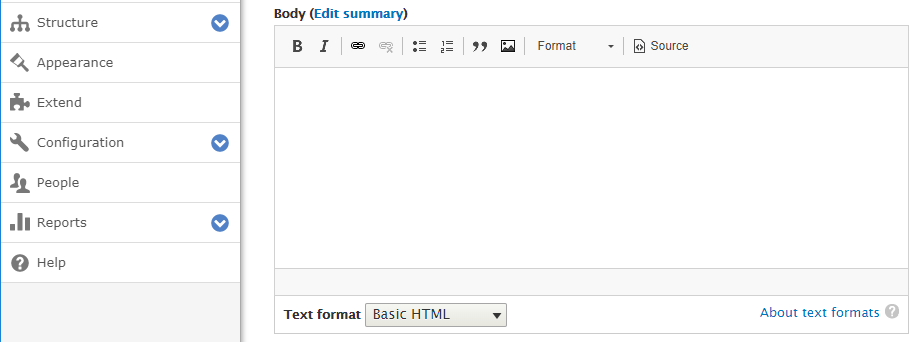
If you like to work on your websites using a clean editor, then Drupal has a clear edge here. Updating Drupal, however, is a bit more involved. In some cases, you’ll need to execute manual updates, which means overwriting and adding files manually instead of having the platform do it for you.
2. Customization
When we talk about customization, we refer to both the number of options you have and how easy they are to use. With open-source platforms such as WordPress and Drupal, there are no legal limitations to the customizations you can make.
In practice, you have two main ways of making changes to suit your needs:
- By directly modifying or overwriting the CMS’s code.
- Through add-ons, plugins, templates, or themes that implement some customizations for you and can offer you settings to implement more.
Naturally, the second method is preferable for most users. This time, let’s start with Drupal.
Drupal has very basic functionality and you will almost always need to install add-ons, which are called “modules,” to accomplish how you want your site to behave. There are over 40,000 modules in the Drupal library. Here’s a screenshot of how to search for modules at drupal.org.
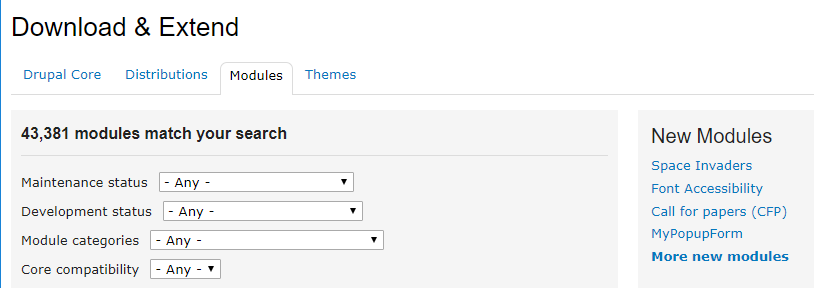
Drupal modules usually require some background in web development to customize them to suit your purpose.
For styling your site, Drupal offers a theme system with thousands of options to choose from. The themes are usually responsive, meaning they automatically adjust for device size, and you can implement modern web page layouts and styles without having to design or code them from scratch. There are a lot of theme options available, and themes range from those for beginners, just dropping your content into a predesigned layout, to skeleton frameworks that require extensive coding.
WordPress calls its functionality add-ons “plugins” instead of modules. There are over 55,000 free plugins to choose from. There are also several marketplaces with premium or paid plugins for sale.
This means it’s easy to find a plugin for almost any feature you want:

WordPress plugins don’t usually require coding, though you can often customize them further with code if you want. Some plugins are “plug-and-play,” whereas others require a lot of configuration of settings. In most cases, the amount of configuration required depends on the complexity of the feature you’re trying to implement.
WordPress’s theme selection is also impressive. Free themes number in the thousands, and once again, you can also find premium options for sale. Like Drupal, WordPress themes range from those with heavily predesigned layouts for various vertical markets, where you can just drop in your content, to framework themes that give you extensive control over layout and design but usually require some coding.

Besides the theme, If you want more control over your website’s design, WordPress also offers several page-builder plugins, including our own Beaver Builder plugin. You can use these to create complex and responsive layouts for your content and control styles without having to touch a single line of code. With our Beaver Themer add-on, you can even create Beaver Builder layouts that override your theme to customize headers, footers, and more, giving you even more control over the layout and style of the entire page.
3. Budget
Price is one area where WordPress and Drupal are pretty evenly matched. As we mentioned before, both are open-source platforms and both are free. You can download either one and set it up on basically any type of server you want. That means that theoretically you could just sign up for a $5 per month hosting plan, install either CMS and call it a day.
In practice, though, both Drupal and WordPress come with hidden costs.
With WordPress, your primary expense will probably be premium plugins and themes. You may not need to use them since there are plenty of top-tier free options. However, it’s not rare to find yourself buying multiple premium licenses for plugins or an expensive theme now and then to get exactly what you want. Premium options also usually offer more dedicated support and documentation, so it’s often easier to get help troubleshooting a premium plugin or theme than a free one.
With Drupal, module and theme expenses aren’t as common. However, unless you’re an experienced developer, you’ll likely need to hire one or more developers to help you build and customize your website, and most likely maintain it moving forward. Unless you can do the customizations yourself, Drupal tends to be a more expensive option in the long run.
WordPress vs Drupal: Which Platform Is Better for You?
So far, Drupal has taken some hits in this comparison. However, it’s important to understand that different CMSs target different types of users.
A lot of experienced developers choose Drupal because it offers more advanced functionality than WordPress out of the box. For example, its taxonomy and content type system is far superior. However, it’s impossible to ignore that there’s a big learning curve to Drupal.
WordPress, on the other hand, is the epitome of user-friendly. It’s easy to pick up if you’ve never used a CMS, yet there’s a lot of depth to it if you care to explore it.
Overall, both CMSs have a lot going for them, so you need to decide which features you value most. If it’s ease of use or cost, then WordPress is an excellent pick. However, for more complex and scalable websites, Drupal might be your CMS of choice. And definitely, choosing one of these platforms is preferable to choosing no platform at all. The built-in responsiveness, styling, security, and multilingual features built into both platforms will save you a great deal of time over starting from scratch.
Conclusion
Comparing Drupal vs WordPress is tough. Both platforms have incredibly dedicated communities, and both offer a lot of functionality. Ultimately, it boils down to knowing what features you want from your CMS and what your level of experience is when working with websites.
This is why we’ve broken down three key areas to think about when choosing the right CMS for you:
- Determine which platform is easier for you to use.
- Consider how highly you value customization.
- Take your budget into account.
Naturally, we prefer WordPress since our Beaver Builder family of plugins and themes is implemented for that platform, but have you tried both platforms, and what did you feel were the pluses and minuses of each? Share your thoughts with us in the comments section below!
Related articles
LifterLMS and Beaver Builder Integration: Effortless Online Course Websites
Introducing the LifterLMS and Beaver Builder integration. Streamline your online course website creation by combining powerful learning management tools with…
Figma to Beaver Builder: Design and Build WordPress Sites
Curious about converting Figma designs into WordPress websites? A smooth design-to-development workflow is essential for saving time and delivering top-notch…
Best Practices for Managing Web Design Clients
Managing web design clients effectively is one of the most crucial skills for a web designer, agency, or freelancer. Whether…
Join the community
We're here for you
There's a thriving community of builders and we'd love for you to join us. Come by and show off a project, network, or ask a question.
Since 2014
Build Your Website in Minutes, Not Months
Join Over 1 Million+ Websites Powered By Beaver Builder.
 Beaver Builder
Beaver Builder 
